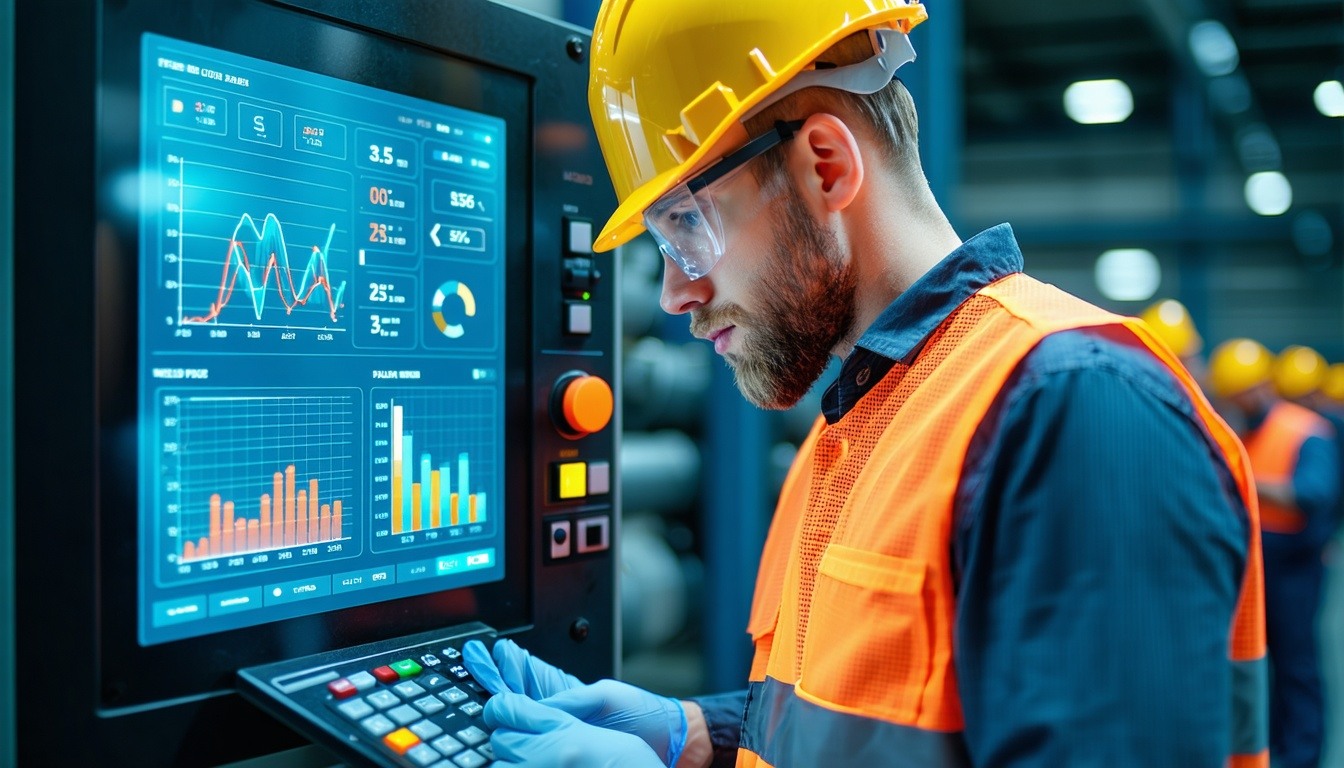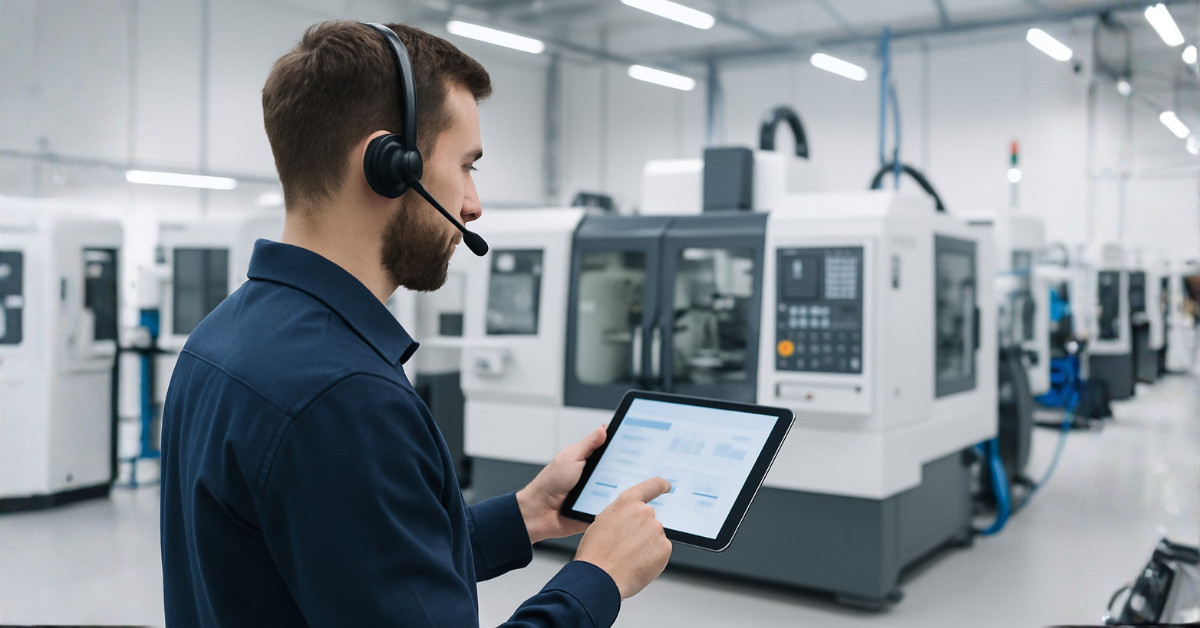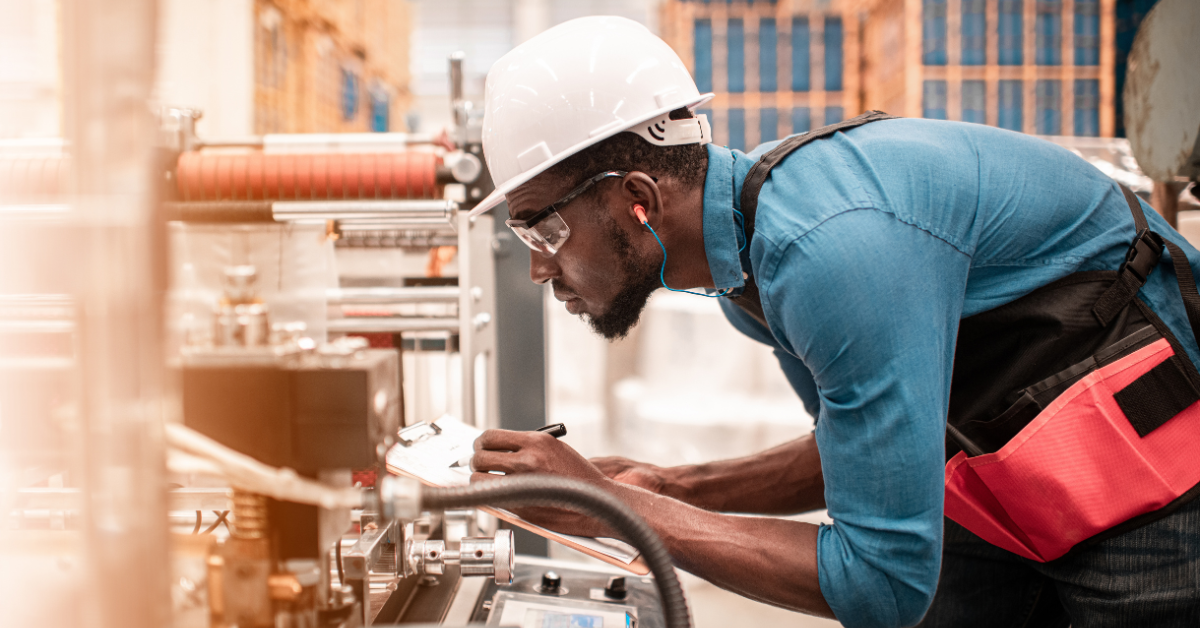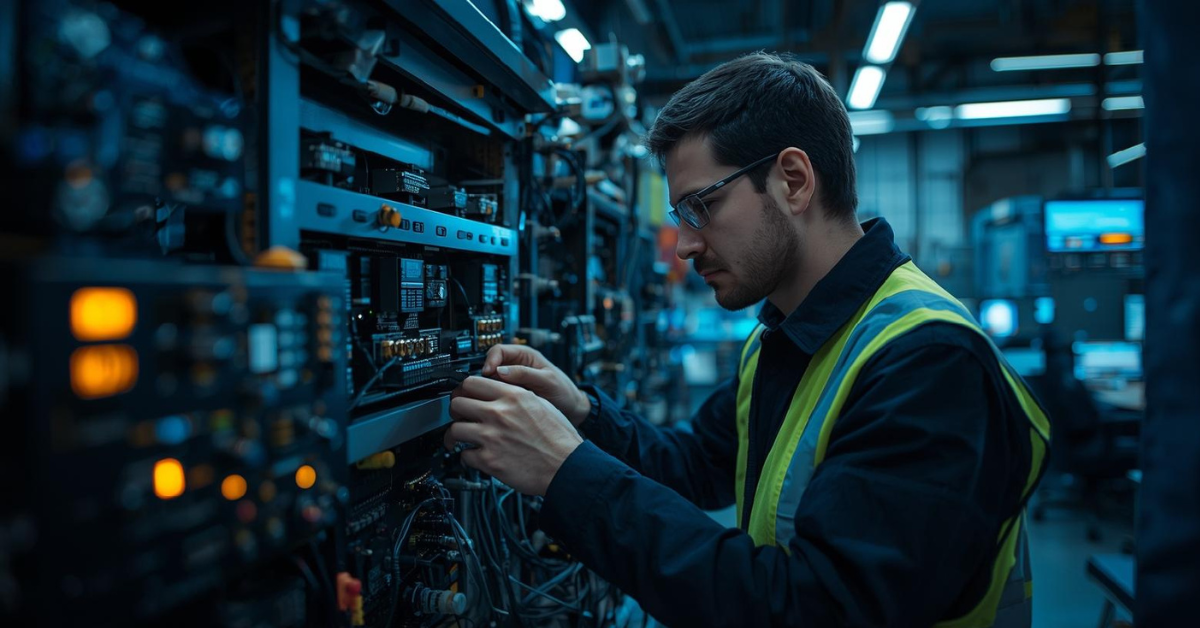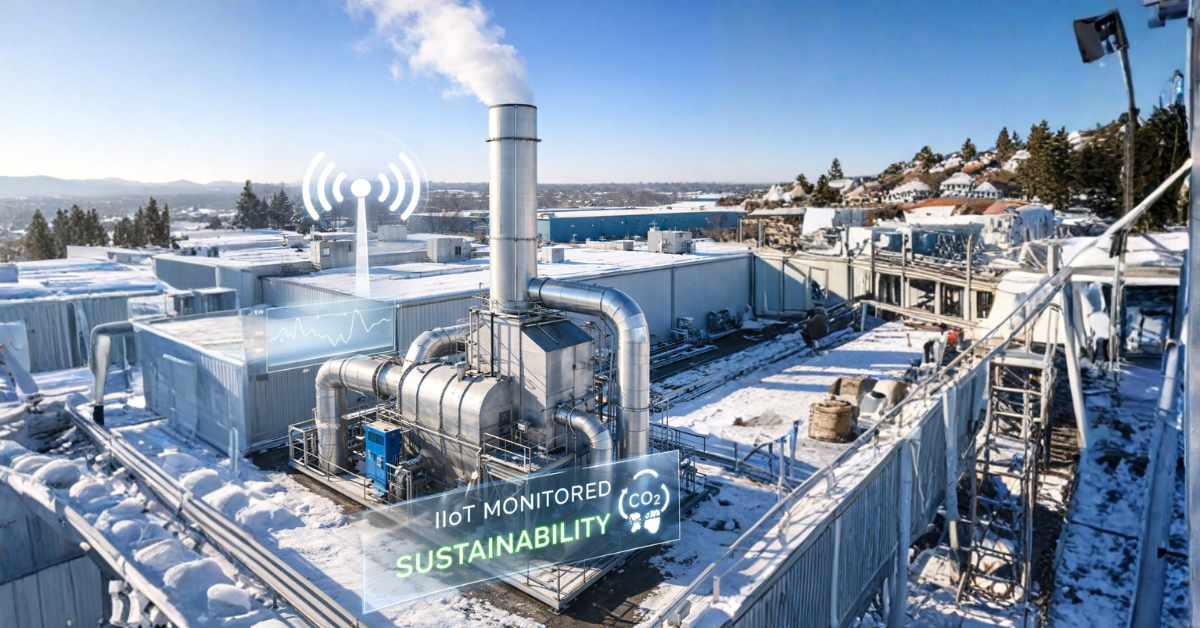IIoT isn't just about machines talking to machines—it's about empowering the people who make manufacturing possible every day.
IIoT is a unique opportunity to improve the productivity and efficiency of your workforce.
Go beyond process improvements and empower your most precious assets: your employees, who use human creativity to find new solutions to your manufacturing problems every day.
ei3’s Director of Data Science, Dr. Stefan Hild, was invited to give a keynote at the International Textile Manufacturers Federation (ITMF 2020) conference in Porto, Portugal. In his presentation, he discusses how human intelligence can be enhanced with the help of AI.
Beyond process automation: The human element
"I don't want to talk about Industry 4.0. I want to talk about Industry for YOU. The biggest asset, the most valuable asset that you have in your companies are your employees. It's the creative mind of your employees that help your company ahead. It's what differentiates you, it is what sets you apart from your competition."
Dr. Stefan Hild, Data Science Director at ei3
If you help employees do their job better, that's a vast improvement. Any 2-10% enhancement in machine performance pales in comparison to the benefits from an employee who has all the information at their fingertips to make the right decisions.
Delivering insights to decision-makers
The focus is delivering insights from data to the people who must act on it. Consider how ei3 works with Hilton Hotels worldwide:
- The system monitors air-conditioning units in thousands of properties globally
- It serves two key purposes:
- Supporting sustainability goals by comparing energy consumption across different environments
- Reducing costs (air conditioning is the biggest expense after construction)
This approach has helped Hilton save $1 billion over ten years in energy costs.
Empowering operators with actionable information
For manufacturing environments, ei3 creates dashboards that show equipment efficiency across an entire global operation. This visibility brings both opportunity and responsibility:
- Managers can quickly see where their operation stands compared to others
- Performance gaps become immediately apparent
- Teams gain the opportunity to react and improve
When the system detects an issue, it doesn't replace human judgment—it enhances it by highlighting problems and providing quick access to assistance.
From insight to action
With partners like Milacron (injection molding machinery), ei3 goes further:
- The system identifies failing machine parts
- Provides operators with immediate, actionable insights
- Shows specific health scores for components (e.g., "This heater band has a health score of 14%")
- Offers guidance on how to address the issue
- Integrates with the supply chain for efficient spare parts ordering
Extending human senses
Experienced operators often detect problems through their senses—how a machine feels, sounds, or smells. ei3's approach extends these human capabilities:
- Sensors detect frequencies beyond human perception
- Systems analyze broader data spectrums
- Predictive algorithms identify developing issues before they cause failures
As Dr. Hild demonstrates, technologies like infrared sensors can capture information that human senses miss, such as the "sound" of a toaster toasting when transposed to audible frequencies.
The balance of human and artificial intelligence
"We have built a solution around this," explains Dr. Hild. "By analyzing information from advanced sensors, we can get very good information about the state of any mechanical equipment." This approach provides enough advanced warning to prevent unplanned downtime.
Yet despite these technological advances, Dr. Hild closes with a saying from the early days of AI research: "Natural stupidity is better than artificial intelligence." The human element will always be essential.
Watch Dr. Hild's full presentation on enhancing human intelligence with AI.
